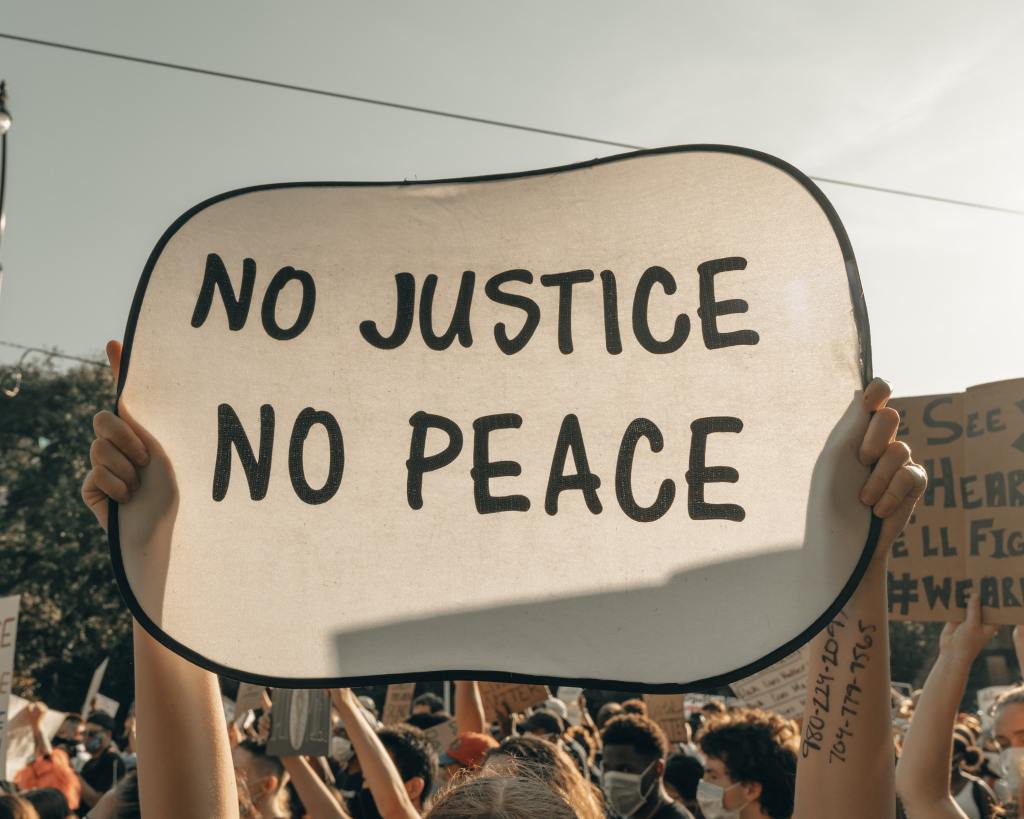
I have been thinking a lot about race and structural racism this year. Burdened by old knee-jerk ideas that I was ready to discard, I wished to see my world and the greater world for what they were, not for how I assumed them to be. My discursive game was not strong when I found myself in conversations that assumed a shared pleasure in this aspect of our shared world.
So I started reading. A book that resonated deeply for me was White Fragility by Robin DiAngelo, a professor at the University of Washington in Seattle. Perhaps the biggest takeaway for me (I started reading this book about a year ago) is that the term racist is not an insult. It is a fact of life the way our world is organized.
How strange to watch the events this year in America unfold from Europe, an ocean away. To breathe cool air under the oaks whose acorns of racism were carried to the U.S. in ships and documents that designed a system by and for the profit of Europeans. Europeans are concerned about America, but seem less concerned about institutional racism at home. This a topic for a different post.
For thirty years in Oklahoma, I navigated that culture in a leaky blue lifeboat, adrift in a sea of red rage. Oklahoma, a cradle of white fragility. Surrounded by people who felt, on some significant level, culturally cheated they didn’t belong to the Deep South – and had accrued none of the residual elegance, none of the courtly manners, the plantations, the fine breeding exported from the United Kingdom. All they got was a Texas twang and the Dust Bowl.
Thinking back to my thirty years in Oklahoma, white people often repeated that they did not see race, they were not racist, “he don’t care if you’re black or white, or green or yellow or purple.” How childish to refuse to see. How persistently transparent this system is for the white majority. If you don’t see it, then you’ve always benefited from it. Always. Full stop. Black and brown people did not create this system. Women did not create this system. Don’t even get me started on “Lean In.” Just work harder, as hard as we do, and you can beat us at our own game. Um, actually, no we can’t, because this game was created and rigged centuries ago. We all know by whom.
As a white woman growing up in Oklahoma, there were plenty of assumptions that I agreed with the institutions all around me. I had experienced a healthy dose of violence as a woman: Oklahoma culture does not take kindly to an outspoken woman. Especially if she be small. Something about the inability to subvert her spirit enrages people. I can’t even count the number of times that a man laughed or profited at my expense. Some scars minor, a few very deep. I learned to keep my mouth shut lest they come back for more, the way playground bullies will gang up on a weakling who hasn’t yet learned to stop squawking or looking cowed. It was exhausting to battle it day after day, in elementary school, middle school, high school, especially through the many years that I spent at the state’s flagship campus, first as a student, then as a grad student, then as a TA and a GA, then as a staff professional. Yet I know there were many who had it far worse than I did, treated as tokens at best; as nuisances, less good; as less than human, worst-case.
White women – all women – have it tough in Oklahoma. The dominant male culture is suffocating. Sexual assault and gender-based violence are rampant, woven so deep into the fabric of society that no one even bats an eye. They had an event for BLM this summer at the state capital with a bunch of white guys. No women, no POC in sight.
Yet white women on campus who complained the loudest about their plight were also often the most shining examples of institutional racism. Women who grabbed the nearest POC for a photo op when they got airtime to air their grievances. Somehow the injustice of this did not occur to them: what it meant to grab a brown human shield from a seated audience, to make them stand up while the white woman aggressively embraced them, thus snuffing further debate. Now hugging a brown person; you cannot call me to account. POC caught in the middle between privileged white men and women, arguing about the gender divide when the issue of race was invisible to them. Because we don’t see race, they said. Because it doesn’t impact you, our brown and black brothers and sisters rejoined.
Some in my circle on this side of the ocean have approached an unbearable note of tsking, tsk tsk, America, acting so badly. There’s no recognition of the English seeds, the European seeds, that started much of this in the 14th-18th centuries. Europe is doing pretty well now, overall, because they had centuries of a bullish global market built on the decimation of native cultures, in Africa, in the Americas, in Australia. We can acknowledge that history, while also saying that we need to do better, we must do better, to change our course.
I’ll keep reading and examining my own received opinions and ideas. I like DiAngelo’s suggestions and examples in her book for rectifying systemic racism with our own individual actions. I know there have to be ways I can put my values into action from where I live, in this liminal expat space, neither here nor there. Are you working on this? What are your ideas for cultural progressive change?
Come back tomorrow for my post about hate. People do not love to hate. Why do we think they do? Let’s examine hatred and perceived polarity together.



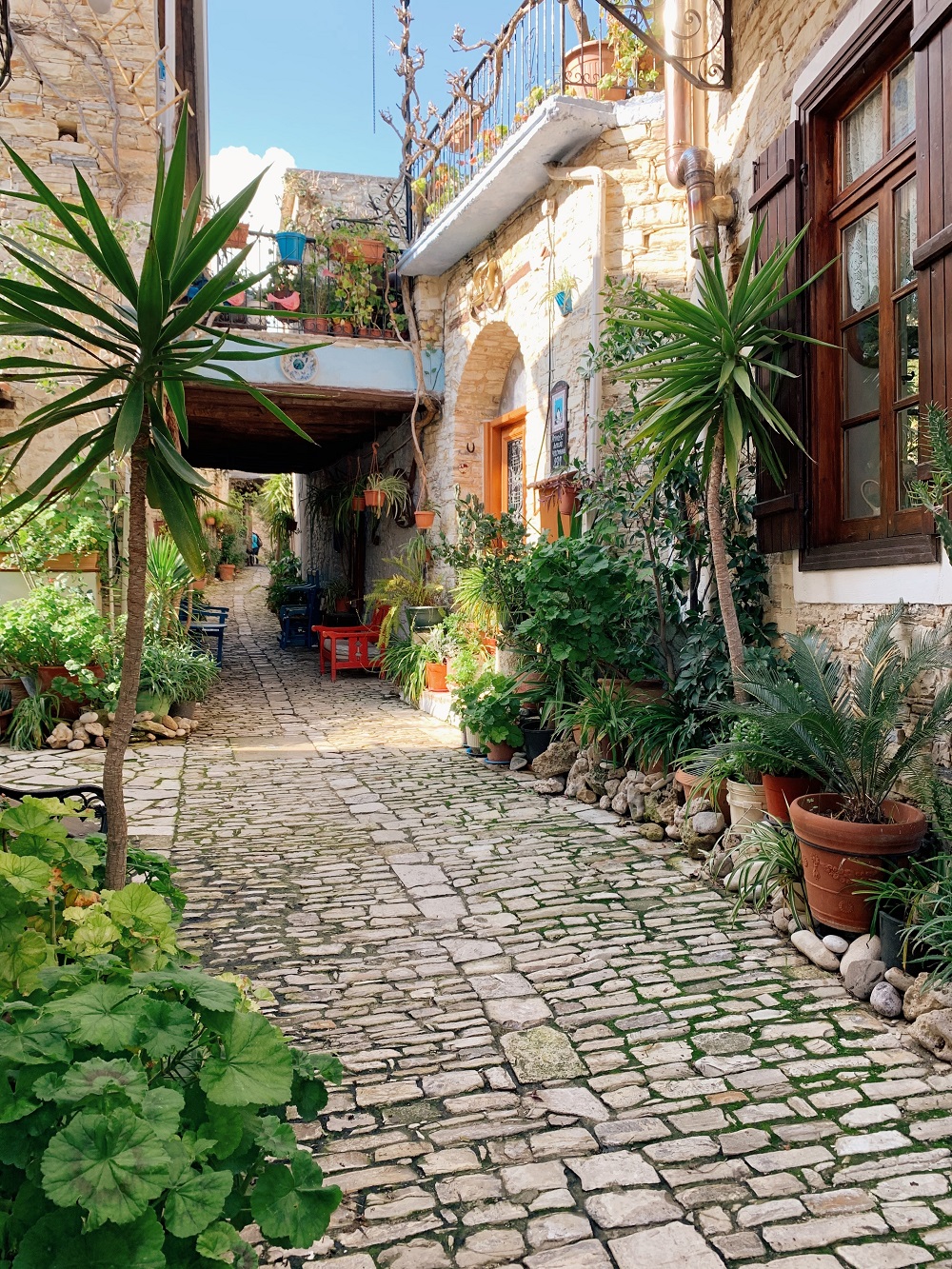
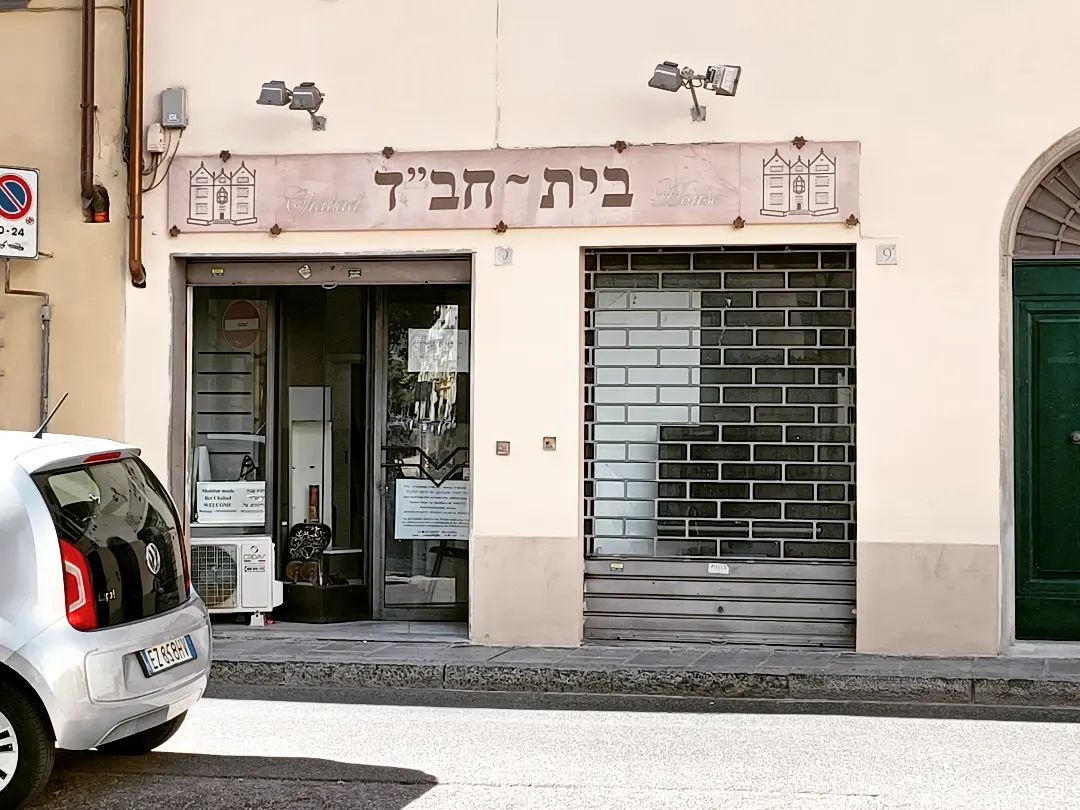
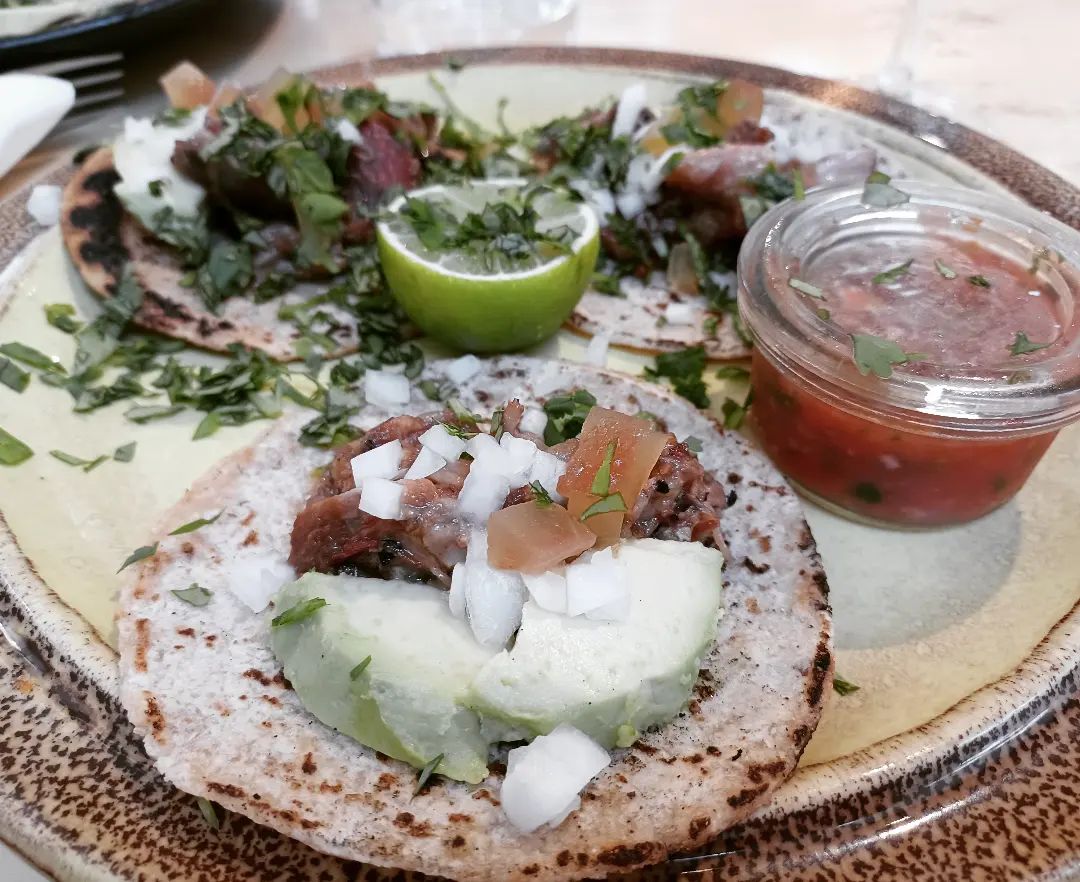
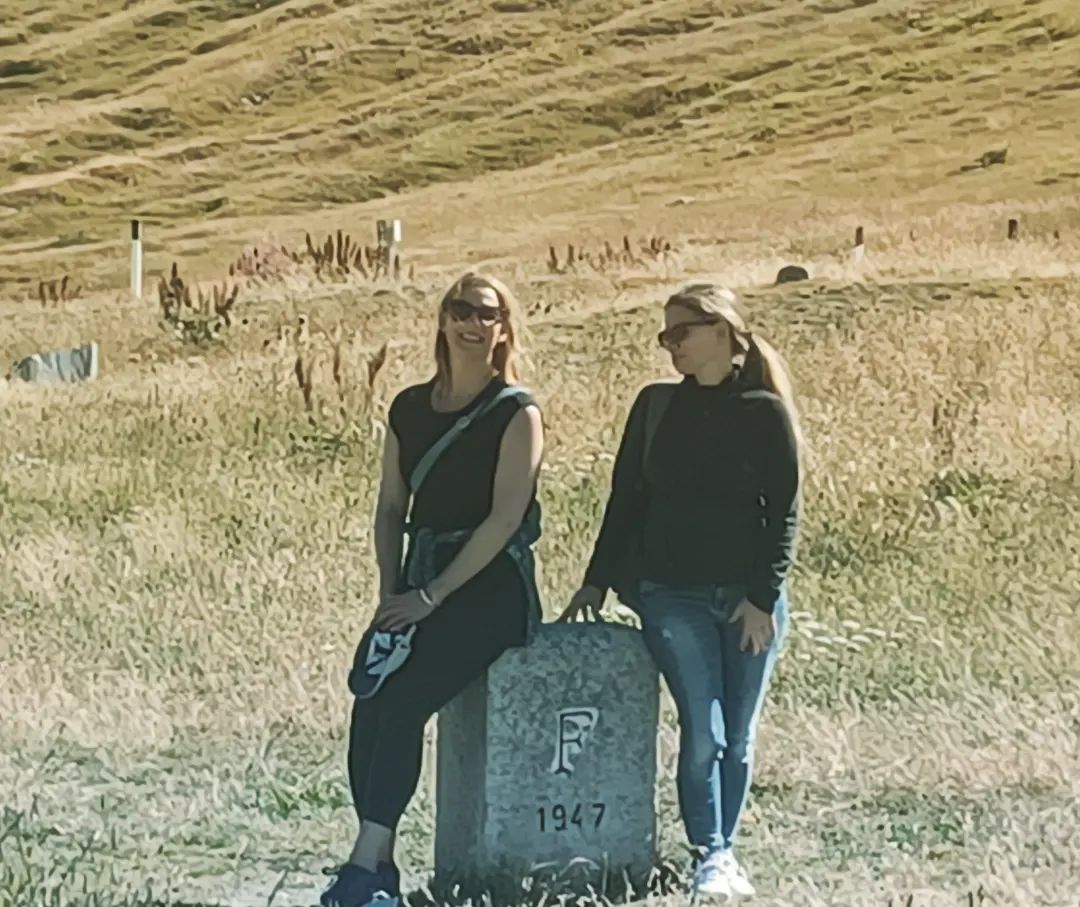
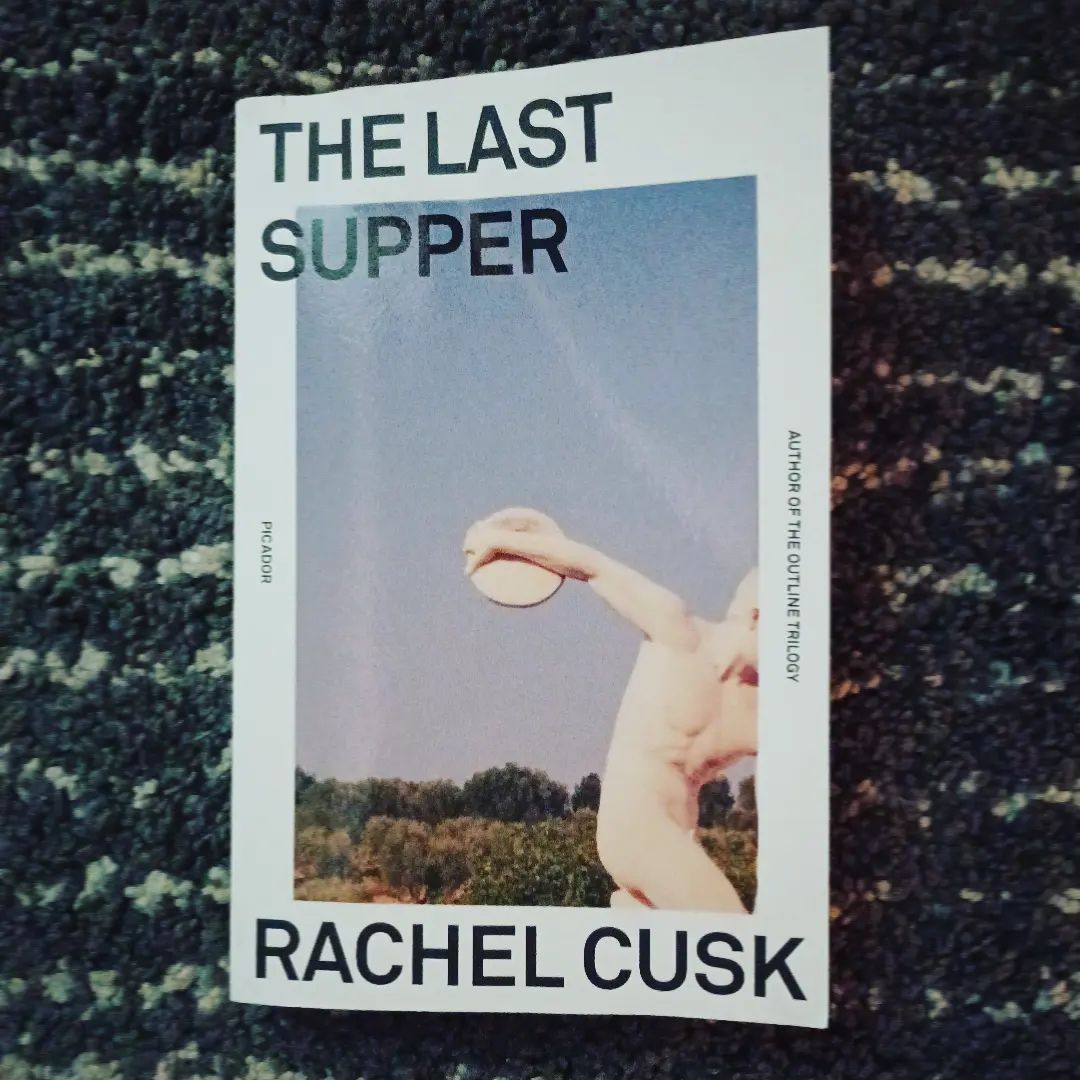
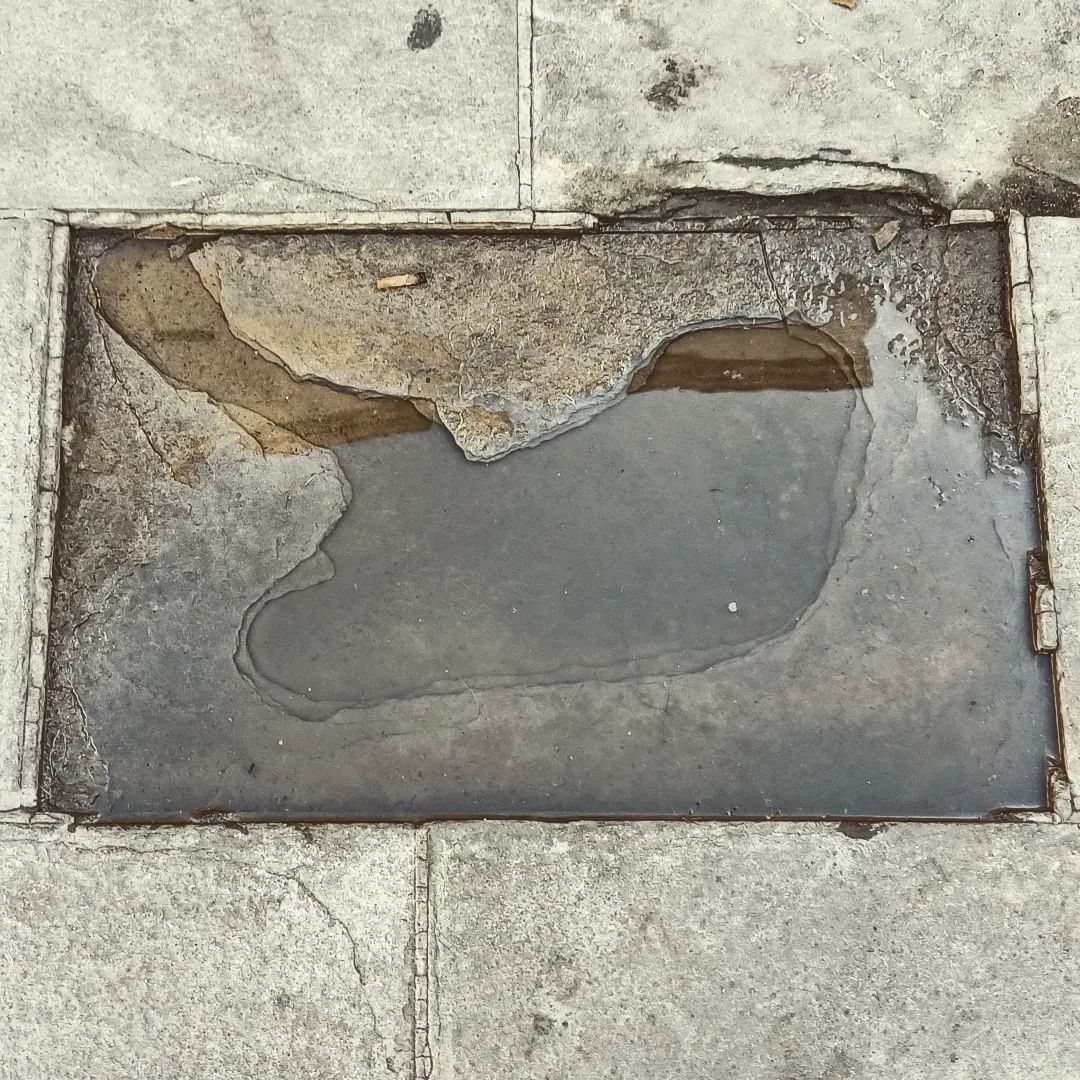
One Response
Powerful. I want my daughter to read this; she’s in the midst of some profound learning. It was helpful for me to reflect on my own deep privilege.